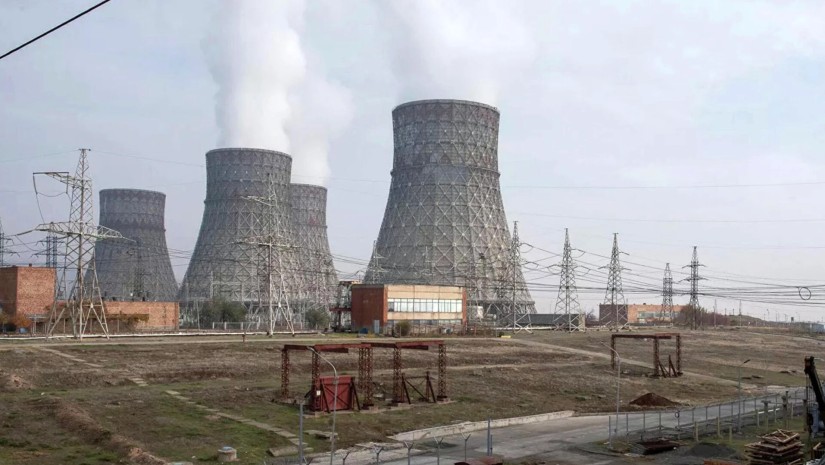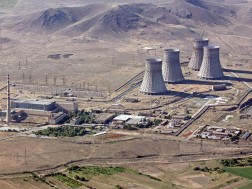The United States has confirmed it is reviewing a request from Armenia to establish a deal that could enable Washington to transfer civil nuclear technology to Yerevan. This agreement could eventually lead to the U.S. designing and constructing a new nuclear power plant in Armenia, replacing the aging Soviet-era facility in Metsamor.
In a statement to CivilNet on Tuesday, a U.S. State Department spokesperson said, “The U.S. Government does not share details of the negotiation process, but we can share that the State Department is giving Armenia’s request for a 123 Agreement the proper attention and due consideration.” The spokesperson did not provide further specifics or a timeline for the decision.
Under U.S. federal law, a Section 123 Agreement is required before the U.S. can export nuclear equipment or materials to another country. The U.S. already has such agreements with 48 countries and territories, but none with Armenia. Negotiations for these agreements often take years; for example, Secretary of State Antony Blinken highlighted last year that concluding a nuclear deal with the Philippines in one year was the “fastest” of its kind.
This is the first public confirmation that Armenia is actively pursuing a Section 123 Agreement with the United States. Earlier this summer, Armen Grigoryan, Secretary of Armenia’s Security Council, indicated that the decision now lies with the U.S., while Deputy Energy Minister Hakob Vardanyan also acknowledged Armenia’s request for a deeper nuclear partnership with Washington.
In 2022, Armenia and the United States signed a memorandum of understanding on civil nuclear cooperation, providing a framework for collaboration. However, it does not authorize nuclear exports like a Section 123 Agreement would.
Armenia currently relies heavily on nuclear energy, with the Metsamor plant supplying around 30% of the country’s electricity. Despite its initial planned closure in 2017, the plant’s lifespan has been extended with support from Russia’s Rosatom, which remains essential for its operations. A $65 million modernization deal with Rosatom was signed last year to keep Metsamor operational until 2036, after which it will need to be decommissioned and replaced.
In preparation for this, the Armenian government recently launched a new state-run company tasked with developing a strategy to replace Metsamor within the next two years. Potential partners for this replacement include China, Russia, South Korea, and the United States.
Prime Minister Nikol Pashinyan has reiterated his commitment to nuclear energy, emphasizing its role in Armenia’s strategy to meet its climate commitments under the Paris Agreement.
Armenia’s pursuit of a Section 123 Agreement with the U.S. comes amid increasingly strained relations with Russia, its long-time ally. Since Armenia’s defeat in the 2020 Nagorno-Karabakh war, dissatisfaction with Moscow’s perceived inaction has grown. In contrast, Armenia’s ties with the U.S. have strengthened, highlighted by an agreement earlier this year to elevate their relationship to a Strategic Partnership Commission, a format that Washington already maintains with Georgia and Ukraine.
The developments suggest a significant shift in Armenia’s geopolitical orientation as it explores new avenues for strategic cooperation with Western partners .
















